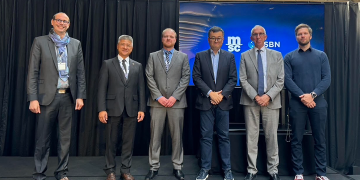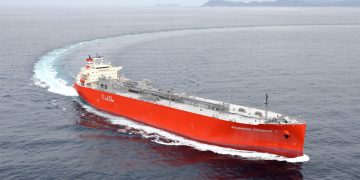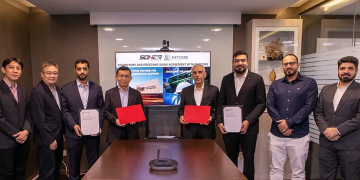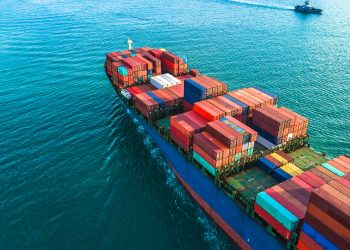According to DNV’s UK Energy Transition Outlook (ETO), the country will not meet its ‘net zero by 2050 target’ unless the government increases policy support to a low-carbon future.
In particular, the study states that the transition is stalling, and the country is not on track to meet either its legally binding 2050 decarbonization targets or its Nationally Determined Contribution (NDC) commitment of reducing emissions by 68% by 2030 under the Paris Agreement.
Over the next three decades, the UK will undergo a strong shift from fossil fuels to electricity as an energy carrier. But the scale of the shift is now lower than we forecast in our first UK ETO report, issued in 2022.
As a result, oil and gas will still account for 35% of the UK’s primary energy supply mix in 2050. Moreover, the outlook for hydrogen now seems a lot less certain in the absence of a clear, UK-wide strategy on the demand and supply of this crucial decarbonization fuel. One bright spot this year is that the future of UK CCS looks more robust due to heightened government support and an expected increasing carbon price.
DNV, the independent energy expert and assurance provider, forecasts show that the UK’s annual emissions will amount to some 125 million tonnes of carbon dioxide equivalent (MtCO2e) in 2050, and while this represents a significant 85% reduction relative to 1990 levels, it is not the 100% reduction by mid-century that the UK has legislated for.
DNV determines that with the right incentives, the transition can still be accelerated through swift deployment of technologies such as wind, solar PV, smart grids, electric vehicles, but also mitigating technologies as CCS and hydrogen.
The UK hydrogen market is in particular need of significant support. The report outlines that by 2030, hydrogen production will reach 1Mtonnes/yr, only 60% of which will be low carbon, equivalent to roughly 5GW of low carbon hydrogen versus the government target of 10GW.
The evidence in our 2024 UK ETO is clear – without immediate action the UK will fail to deliver on its climate commitments, fall behind in the global race to decarbonize and miss out on many of the benefits that switching to a low-carbon system will bring.
…Hari Vamadevan, executive vice president and regional director, UK & Ireland, Energy Systems at DNV, said.
But, by putting the correct policy levers in place, there is still time for industry and government to deliver a transition that is good for business, good for consumers and good for the planet.
..Hari added.


























































